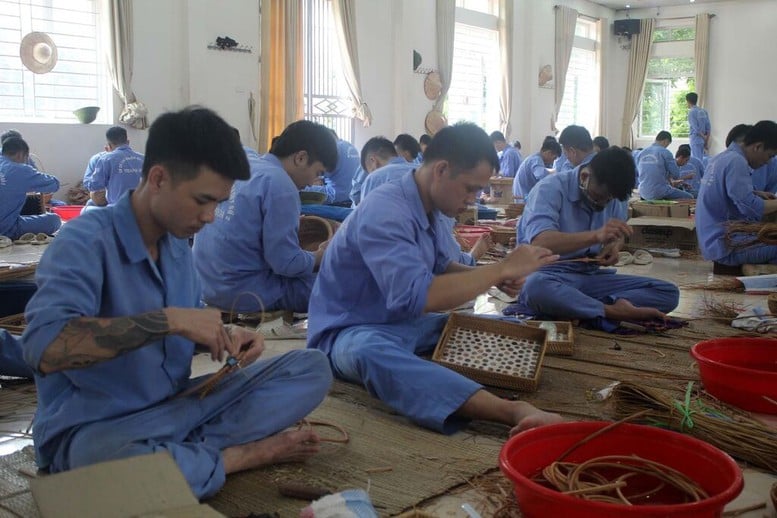
Encourage local agencies, businesses and organizations to provide vocational guidance, training and job creation for drug addicts and people under management after drug rehabilitation.
The conclusion announcement stated that drugs are still a threat to all humanity. There are currently more than 275 million people in the world who use and are dependent on drugs, and this number is expected to increase to 300 million by 2030, and there is no effective solution to neutralize drug crimes. Illegal drug production, transportation, and trafficking activities worldwide are increasing in scale and complexity, posing a serious threat to the security, health, and socio -economic development of countries.
Drug prevention and control work in Vietnam still faces some difficulties and limitations due to the direct impact of the drug situation in the world . The crime and drug abuse situation in our country continues to be very complicated.
In the first 9 months of 2025, more than 19,000 cases and more than 37,500 drug offenders were arrested; nearly 3.4 tons of synthetic drugs, more than 2 million synthetic drug pills, 243 kg of heroin and 971 kg of marijuana were seized. Equivalent to the total number of cases and the average number of arrests per year in the period 2020 - 2024.
It is forecasted that in the coming time, due to the influence of the drug situation in the world and the region, the situation of drug crimes and drug abuse in our country will continue to develop complicatedly. Therefore, drug prevention is an urgent task, of great significance to protect the peaceful life of the people, protect the happiness of each family, contribute to ensuring security, order and sustainable development of the country.
Strengthen inspection, supervision and strict handling of violations in drug prevention work.
The National Target Program on Drug Prevention and Control to 2030 (Program) is of utmost importance in focusing on solving a number of urgent issues; the focus is on closely combining prevention and control; associated with "3 reductions": reducing supply, reducing demand, reducing harm and "3 increases": increasing legal effectiveness, increasing resources, increasing smart management, and digital transformation in drug prevention and control.
To effectively implement the Program and create strong changes in drug prevention and control work, ministries, agencies and localities are requested to take more drastic actions and closely follow the contents and tasks assigned in the Program.
The Prime Minister requested that heads of Party committees, authorities, agencies and organizations directly lead, direct, strengthen inspection, examination, supervision and strictly handle violations in drug prevention and control work in general and in implementing the Program, not "entrust" or "outsource" the implementation to subordinates.
Continue to improve the law on drug prevention and control, focusing on amending and supplementing the Law on Drug Prevention and Control and guiding documents, creating a complete and synchronous legal basis for effective implementation of the Program.
Ministries, central and local agencies, urgently develop and approve, according to their authority, the Program Implementation Plan with comprehensive solutions suitable to the characteristics of each unit and locality with specific goals, roadmaps and tasks according to the 6 clear principles: "clear people, clear work, clear responsibilities, clear authority, clear deadlines, clear results" associated with the specific goals of the Program. In particular, it is necessary to immediately and drastically implement solutions, prioritizing the urgent tasks to complete the Program's goals early (completed in 2025).
Ministries, central and local agencies must closely follow the objectives, tasks and solutions to organize implementation, ensure the right roadmap and progress, avoid negativity, waste and loss of resources; regularly check and urge to ensure the effective and practical implementation of the Program.
Continuously launch high-profile attacks to suppress drug crimes
The Prime Minister requested the specialized forces of the Ministry of Public Security, the Ministry of National Defense, and the Ministry of Finance to continue to resolutely implement measures to combat and sever the "supply - demand" relationship. Strengthen attacks and suppress drug crimes, control precursors, focus on key routes and areas, continuously launch high-point attacks and suppress drug crimes, investigate, prosecute, and strictly handle according to the law, especially the ringleaders. Strengthen international cooperation in drug prevention and control.
Strengthen communication to build the movement "All people participate in drug prevention" with the message "every citizen is a soldier, every family is a battlefield, every locality is a fortress in drug prevention" so that people condemn and do not accept the existence of drug crimes and evils; promote the role of organizations in detecting and managing drug addicts; each agency, enterprise, and school must have solutions to build a "drug-free" model.
Innovate and improve the effectiveness of drug addiction treatment work by increasing the socialization of drug addiction treatment work, promoting the role of religious organizations and socio-political organizations in drug addiction treatment work and managing addicts.
Application of science and technology in management and monitoring of addicts
The Prime Minister assigned the Ministry of Public Security to preside over and coordinate with the project's ministries and branches to promptly issue documents guiding the implementation and a set of indicators and forms for monitoring and evaluating the implementation of the Program, ensuring the process of organizing and implementing the Program in a unified and effective manner (to be completed in October 2025).
The Ministry of Public Security focuses on directing, urging, and guiding the implementation of the goal of building 20% of communes, wards, and special zones "drug-free" by 2025 and by the end of 2030, at least 50% of commune-level administrative units nationwide "drug-free"; striving to complete the goal of building 15-20% of drug-free provinces and cities by 2030 (complete the development of the Implementation Plan in October 2025).
Preside over and coordinate with the Ministry of Health and localities to assess the need for upgrading, repairing and equipping drug rehabilitation facilities, applying science and technology in managing and monitoring addicts and rehabilitation workers; have mechanisms and policies to attract human resources to work at rehabilitation facilities.
The Ministry of Education and Training presides over and coordinates with the Ministry of Public Security to guide localities in building a "Drug-free school" model nationwide, and to implement it in the 2025-2026 school year.
Synchronously deploy solutions to build "drug-free communes, wards and special zones"
The People's Committees of provinces and centrally run cities focus on directing the implementation of projects and sub-projects in the Program, associated with specific responsibilities and assignments to relevant departments and branches; creating an operating mechanism, strengthening inspection, urging, and supervision to ensure the completion of assigned goals and tasks; synchronously deploying solutions to build "drug-free communes, wards, and special zones" in accordance with the characteristics of the local situation, with specific goals, roadmaps, and solutions for each group, village, hamlet, and hamlet, etc., associated with the responsibilities of the head.
Prioritize investment resources, arrange funding from local budgets to support the implementation of the Program, integrate with other socio-economic development programs, effectively use capital resources, avoid dispersion and waste.
Develop and promulgate favorable policies and mechanisms to encourage agencies, businesses, and organizations in the area to provide vocational guidance, vocational training, and job creation for drug addicts and those under post-rehabilitation management. Have preferential credit policies, provide loans, participate in social work, and support post-rehabilitation drug addicts to integrate into the community.
Minh Hien
Source: https://baochinhphu.vn/den-het-nam-2030-it-nhat-50-don-vi-hanh-chinh-cap-xa-khong-ma-tuy-102251020221207094.htm



![[Photo] Prime Minister Pham Minh Chinh meets with Speaker of the Hungarian National Assembly Kover Laszlo](https://vphoto.vietnam.vn/thumb/1200x675/vietnam/resource/IMAGE/2025/10/20/1760970413415_dsc-8111-jpg.webp)
![[Photo] Da Nang residents "hunt for photos" of big waves at the mouth of the Han River](https://vphoto.vietnam.vn/thumb/1200x675/vietnam/resource/IMAGE/2025/10/21/1761043632309_ndo_br_11-jpg.webp)

![[Photo] Prime Minister Pham Minh Chinh received Mr. Yamamoto Ichita, Governor of Gunma Province (Japan)](https://vphoto.vietnam.vn/thumb/1200x675/vietnam/resource/IMAGE/2025/10/21/1761032833411_dsc-8867-jpg.webp)

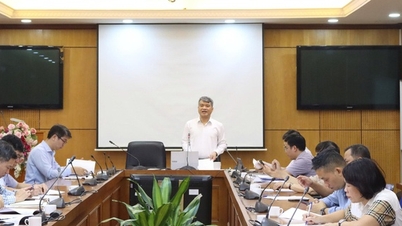
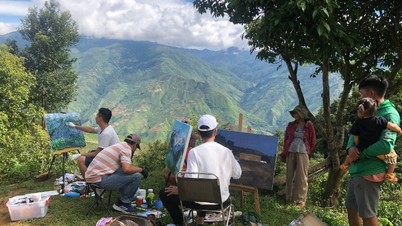

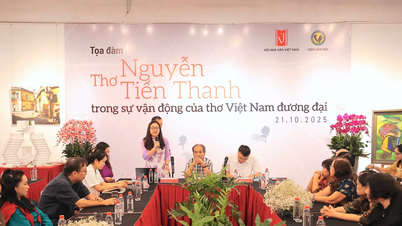

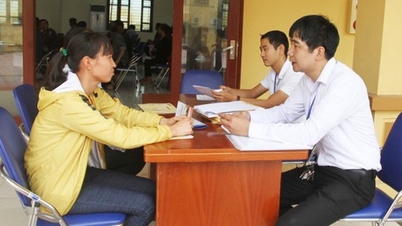
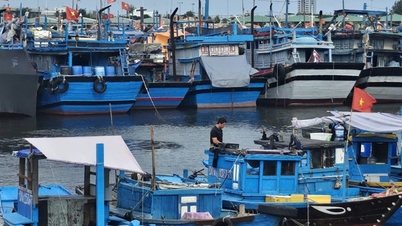
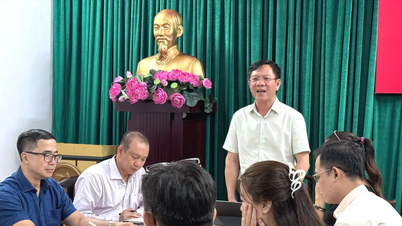





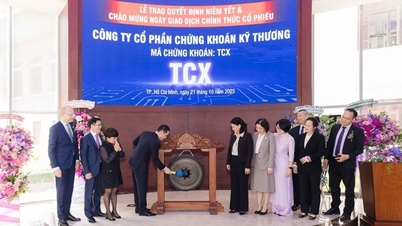

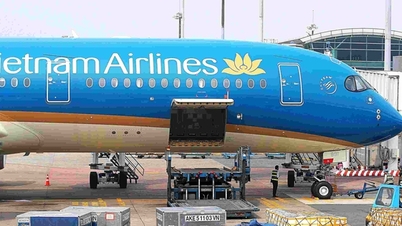
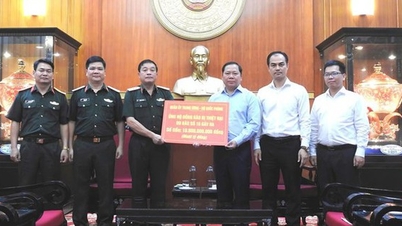

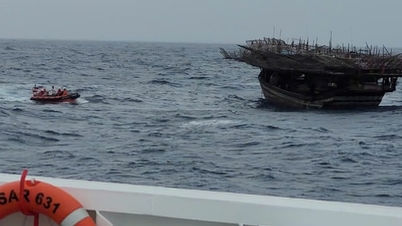









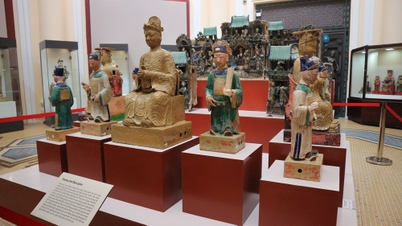







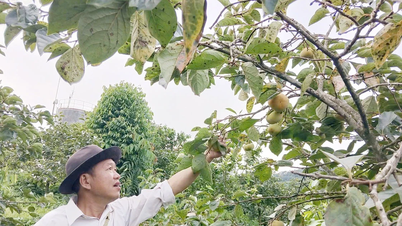

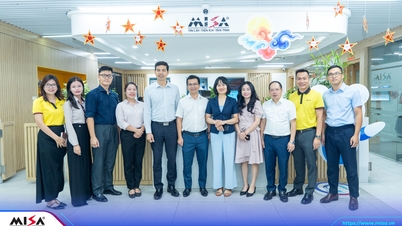














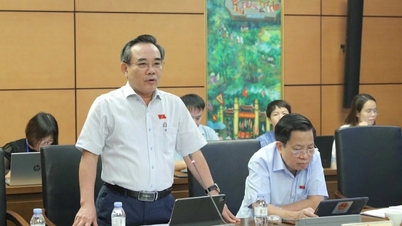
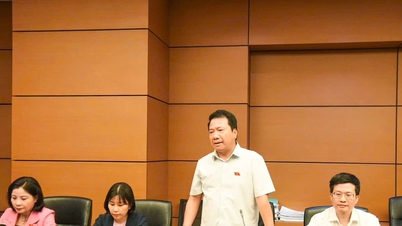

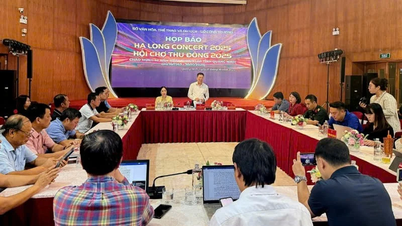





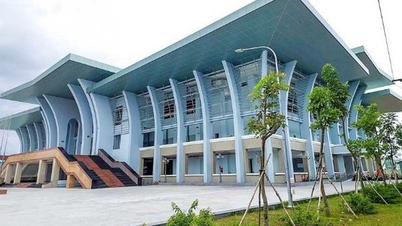


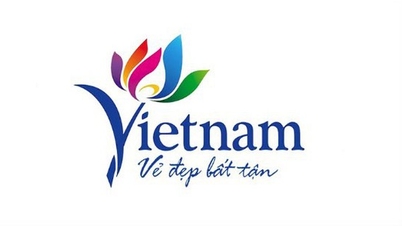
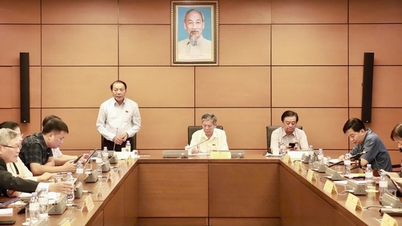


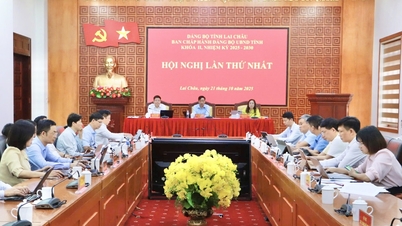
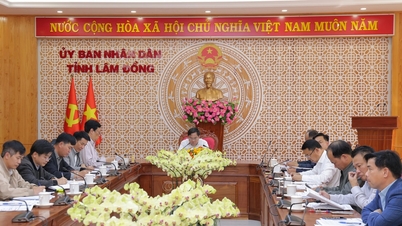

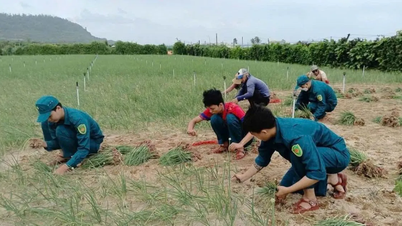
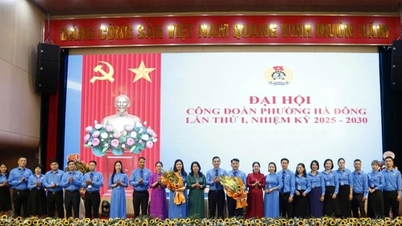













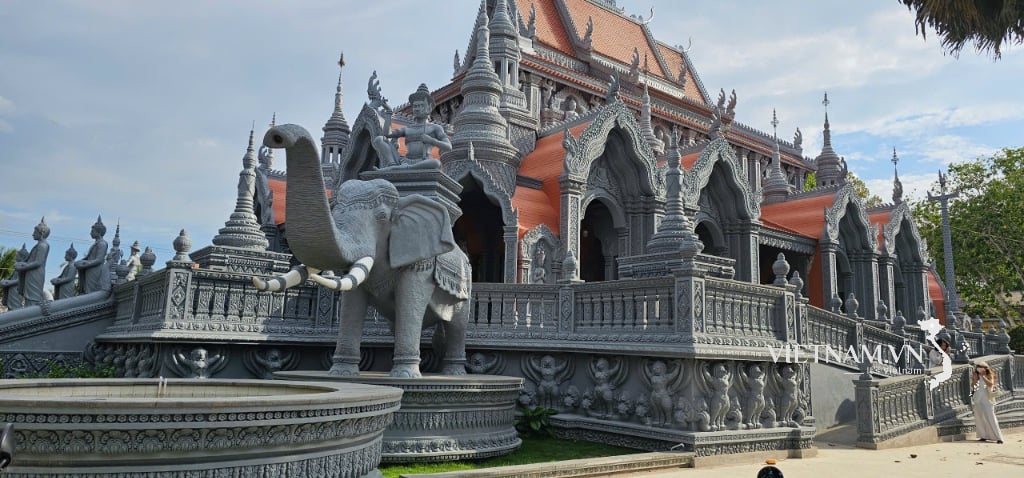

Comment (0)